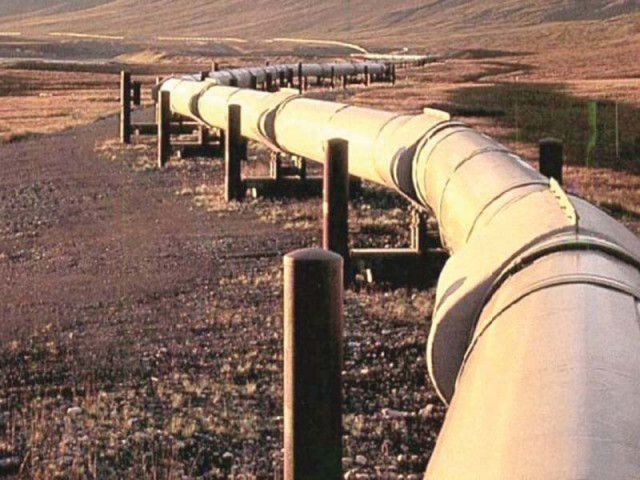SC asks govt to submit reply on charging GIDC
Asks why govt not briefing parliament with regard to IP, TAPI projects

Both companies have embarked on infrastructure development projects for handling LNG and anticipated higher domestic gas supplies. PHOTO: FILE
A three-judge bench – headed by Justice Mushir Alam and comprising Justice Faisal Arab and Justice Mansoor Ali Shah – issued this order on Monday while hearing a case related to the GIDC.
The court asked the government if it submitted annual reports to the parliament on the Iran-Pakistan gas pipeline project and the Turkmenistan-Afghanistan-Pakistan-India (TAPI) gas pipeline project.
If annual reports of the projects were not presented in the parliament then the government must tell the reasons, the bench said, raising question over its seriousness in completing these schemes.
Justice Arab noted that apparently the GIDC Act 2015 was a continuity of the GIDC 2011 ordinance. “Is the government serious in completion of projects?” he asked.
Justice Shah also asked the government what was the progress on IP and TAPI projects. He inquired when these projects will be completed. “Earlier the government said the GIDC is a tax and now it says it is a fee. What it actually is?”
Justice Alam said the court had sought a comprehensive report on completion of these projects but the government has submitted three-four lines scribbled on a piece of paper as a reply. “Is the government just taking money or is it also working on these projects?
Justice Alam said according to official reports it seemed that project was still controversial. “Those who had been paying the GIDC for 8 years have the right to ask where the money has been invested?”
The additional attorney general told the court that international projects were not completed overnight; Pakistan is also facing several global issues particularly with regard to the IP gas pipelines project.
Justice Shah asked why reports on the projects were not submitted to the parliament in the past 8 years. ”The GIDC is deducted since 2011. How you could charge a service that was not provided to the public?
Justice Arab said the government had not been able to construct the IP project despite passage of eight years. The additional attorney general said the court should also consider the situation of former tribal areas which retarded progress on the project.



















COMMENTS
Comments are moderated and generally will be posted if they are on-topic and not abusive.
For more information, please see our Comments FAQ